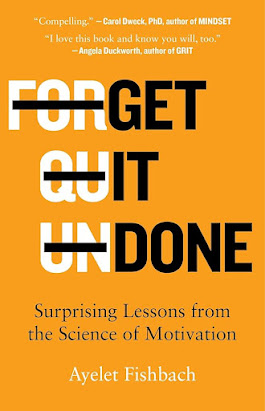Professor Pozzulo’s Pick (November, 2024)
Professor Pozzulo’s Pick (Nov, 2024)
Happy Money: The Science of Happier Spending by Elizabeth Dunn and Michael Norton (2013, published by Simon & Schuster)
My Take:
Perhaps you’ve heard the adage, “money can’t buy happiness”? In Happy Money: The Science of Happier Spending, Dunn and Norton (2013) explore whether spending money differently can impact happiness and well-being. Can people spend their money in “happier” ways? The short answer is…Yes!
I was hesitant to make this book my pick because so many are finding it difficult to cover the essentials, such as housing and food, let alone have money for discretionary spending. By the time I finished the book, I changed my mind. The connection between well-being and money isn’t necessarily about having more money (although let’s face it, there are some advantages to having more money and everyone needs a certain amount of money to live), it is about how you spend the money you have. Let’s say you have $5 for discretionary spending, how you spend that $5 can impact your happiness. The authors describe the science of how your spending can improve your mental and physical health.
The authors describe several principles to happier spending; 1) buying experiences, 2) making it a treat, 3) buying time, 4) paying now and consuming later, and 5) investing in others. Engaging in as many of these principles as possible can increase well-being. They give an example of how buying a friend a cup of coffee using a gift card that you purchased at an earlier time covers a number of principles that can make you happier.
The overall goal of the book is to help you rethink how you spend the money you have and how changing your spending (or gifting) habits can improve your well-being. I may not apply every principle to every purchase I make but I must admit that it has me rethinking my gifting ideas with the upcoming holiday season!
Have you changed your spending habits? Any principles that resonate with you more than others?




Just started reading and it has got me curious if I can make spending few discretionary dollars a happier experience.
ReplyDeleteJust finished “Happy Money”. I strongly support experiences rather than material goods. Loved the list on page 20 outlining the suggestion that we will get the biggest bang for our buck if our purchase fulfills the four suggests there. I am happy to be part of this book club and have recommended to others. Pat
ReplyDeleteThis is wonderful to hear, Pat!! The book made me realize it really isn't about how much you spend but rather how you "spend". I've made some different decisions for the upcoming holiday season! Joanna
ReplyDeleteFinished the book. I did wonder if it is easier to think about spending money on experiences rather than material goods if you have enough money for the material goods that you require for happiness. Pat
ReplyDeletePrior to reading the book, I tended to think of experiences as more expensive than material gifts but then I realized even buying and sharing a $3.00 coffee is an experience and not too expensive. It can be hard to think of inexpensive experiences. Going to a museum or gallery when admission is free can be another example and you get the added health benefit of enjoying art. Gifting inexpensive material items seem more readily available but the inexpensive experience might be more enjoyable. Joanna
Delete